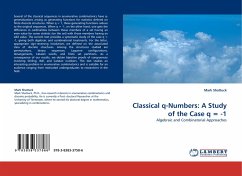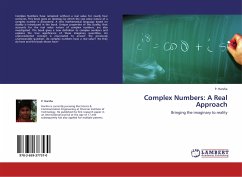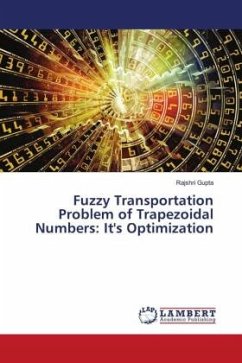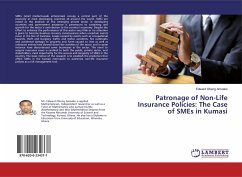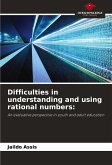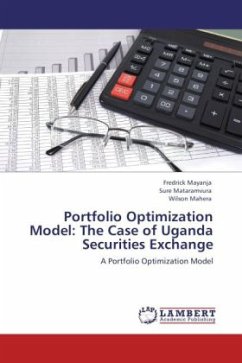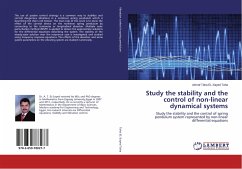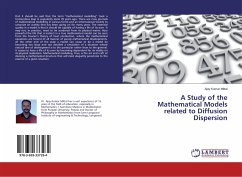Several of the classical sequences in enumerative combinatorics have q-generalizations arising as generating functions for statistics defined on finite discrete structures. When q = 1, these generating functions reduce to the original sequences. When q = -1, on the other hand, one gets the difference in cardinalities between those members of a set having an even value for some statistic (on the set) with those members having an odd value. The current text provides a systematic study of the case q = -1, giving both algebraic and combinatorial treatments. For the latter, appropriate sign-reversing involutions are defined on the associated class of discrete structures. Among the structures studied are permutations, binary sequences, Laguerre configurations, derangements, Catalan words, and finite set partitions. As a consequence of our results, we obtain bijective proofs of congruences involving Stirling, Bell, and Catalan numbers. This text studies an interesting problem in enumerative combinatorics and is suitable for an audience ranging from motivated undergraduates to researchers in the field.
Bitte wählen Sie Ihr Anliegen aus.
Rechnungen
Retourenschein anfordern
Bestellstatus
Storno

